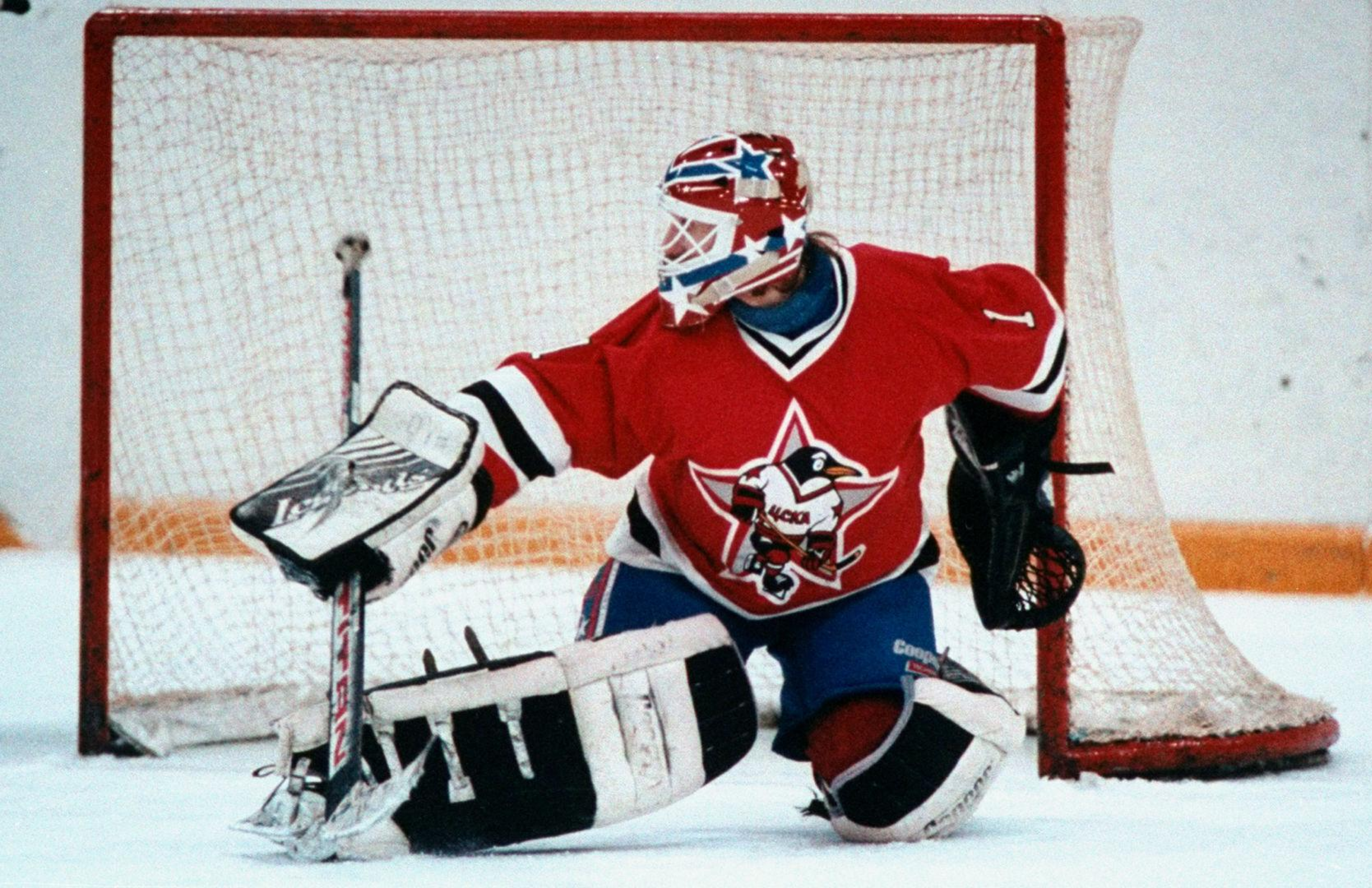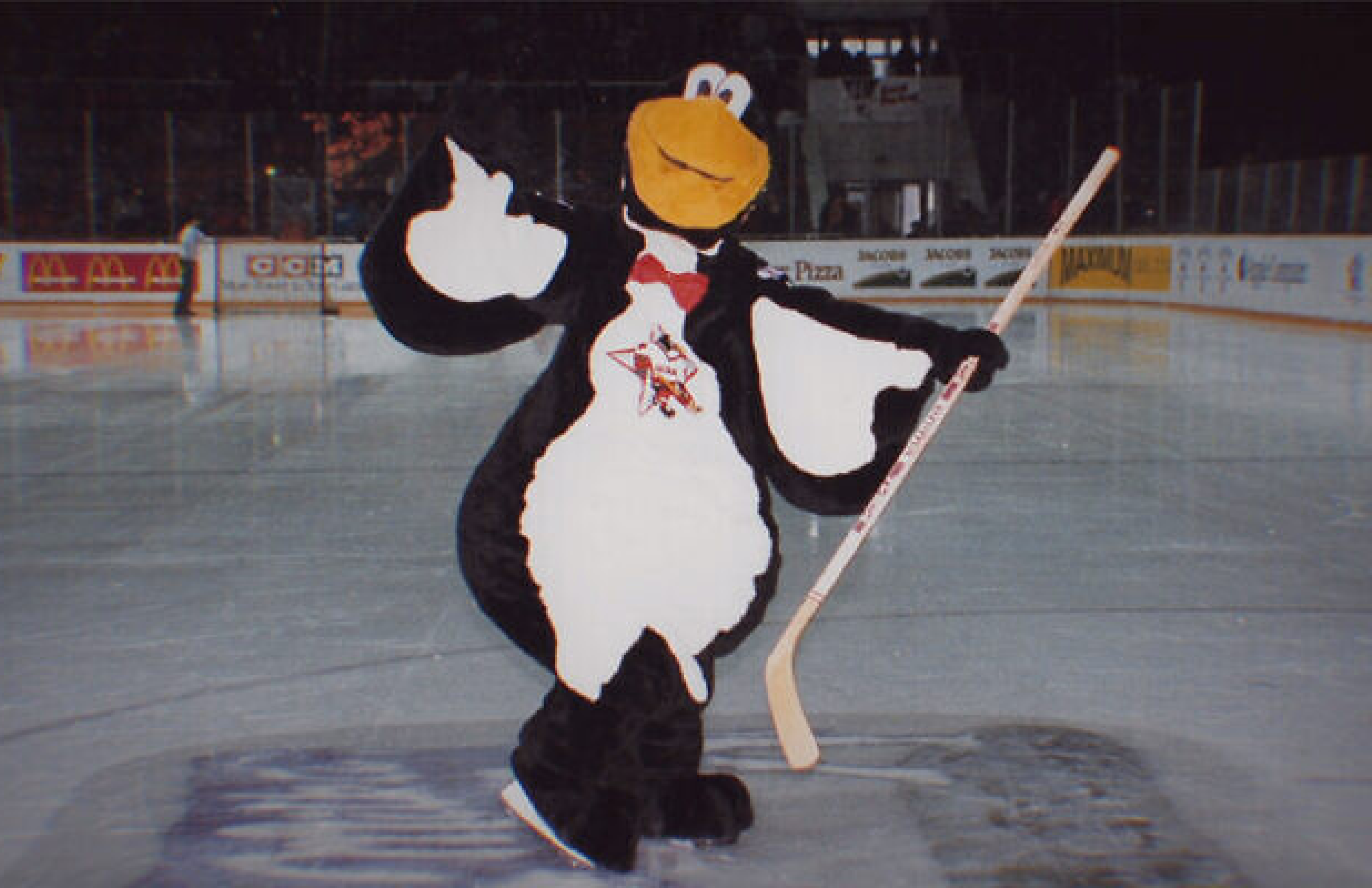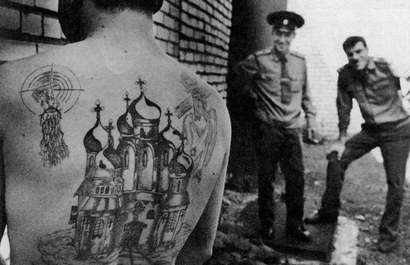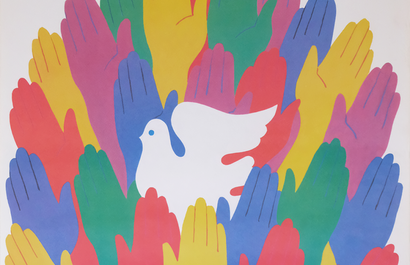Murder, Money and Michael J Fox: Ice Hockey in the Wild, Wild East

Ice Hockey was everything in the Soviet Union. The USSR national team dominated ice hockey on the international stage, winning nearly every world championship and Olympic tournament from the early 50s up until the fall of the Soviet Union. After the USSR collapsed, the money dried up. The Soviet's national pride, known as the Moscow C.S.K.A. or the Central Red Army team, lost many of their star players. Russian fans quickly lost interest in the games which were played in front of a mostly empty arena and uninterested spectators. The arena fell into disrepair. There was graffiti everywhere, it was populated by squatters, and a strip club had sprung up in the basement.
A Pittsburgh Savour
No Soviet state sponsored team had ever taken corporate sponsorship or advertising. It simply wasn’t the communist thing to do. But, in the new Russia, capitalism was king. And for a group of American investors, the cash-strapped C.S.K.A was an opportunity in the making. Led by the NHL Pittsburgh Penguins and actor Michael J. Fox, they purchased 50% of the team. It would give American corporations an inroad into the emerging Russian market, and was an opportunity to feed promising players to the American NHL.
With an influx of much-needed cash, the investors sent the young, brash marketing executive, Steve Warshaw, to Russia to transform the team into the greatest show in Russia and pump energy back into the game. The newly named Red Penguins, complete with an American-style mascot needed to lure fans to the Moscow arena. Warshaw turned the Ice Palace into an attraction, using dancing bears on the ice, strippers as cheerleaders, free beer nights, and a Gorbachev-Yeltsin look-alike contest.

Success Attracts Attention
With a sold-out audience packing the arena at every game, American corporations were clamouring to get their name on the ice. Disney was considering using the Red Penguins as the plot for another Mighty Ducks film. As the cash piled up, so too did the attention. One lucky fan won a $30,000 Jeep during the halftime break, and immediately “negotiated a cash payment of $10,000 in lieu of the vehicle because he knew he’d be carjacked the moment he drove out of the arena.”
Russian “businessmen” - also known as the mob - quickly moved in and began to exert their authority. They demanded a cut of ticket sales, and used intimidation to get their way. In one instance, a team photographer who unintentionally captured an image of some mob bosses eating dinner was shot dead. Things escalated quickly. Warshaw was told that he had a $6,500 bounty on his head, courtesy of the Russian mafia, for refusing their offer to work for them. It was time to pack it in. Russian and Western ways of doing business were simply too incompatible at the time for the enterprise to last. It all collapsed just as quickly as it started. You can watch the trailer below. Shop a few of my favourite sports and Olympic posters below or explore our Russian poster collection here.






